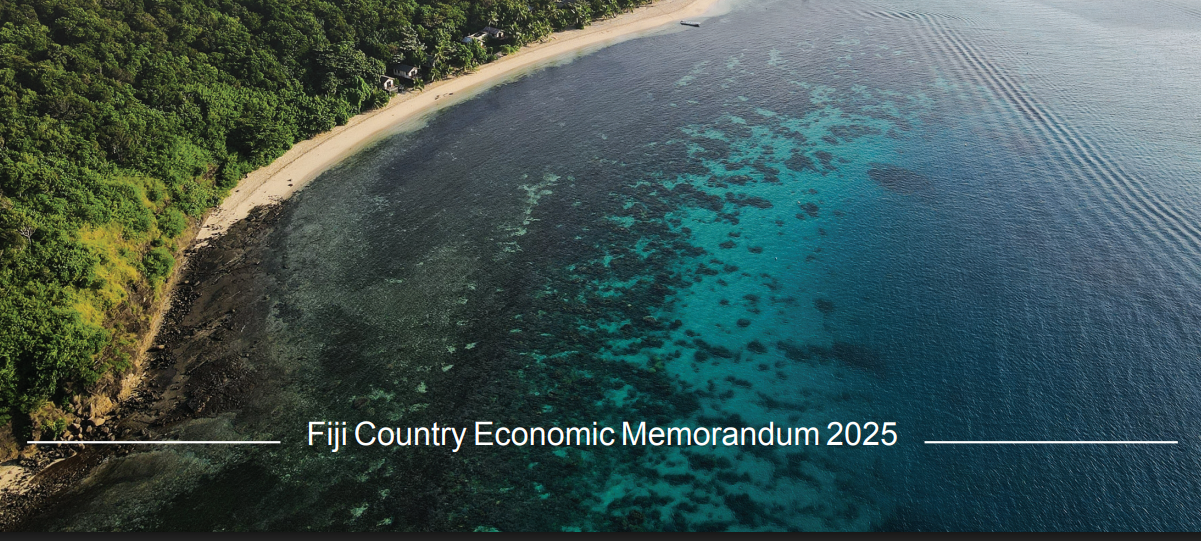The World Bank says Fiji could almost eradicate poverty by 2050 if it pursues ambitious economic reforms to accelerate growth and expand opportunities.
According to the Fiji Country Economic Memorandum Report released last week, poverty levels—measured against the upper-middle-income line of US$6.85 per day—surged to nearly 70 percent during the COVID-19 pandemic but have since fallen back to around 52 percent in 2023.
The report’s long-term growth model projects that poverty will drop to 13 percent by 2050 under a “business-as-usual” scenario, 5 percent under moderate reforms, and as low as 1 percent if the government fully implements its ambitious reform agenda.
“Faster and more inclusive growth is the most effective way to reduce poverty,” the World Bank stated, noting that sustained reforms would ensure “higher and pro-poor growth.”
The report added that achieving the government’s goal of eliminating poverty by 2050 will depend on maintaining strong economic momentum and implementing targeted social and labor policies to ensure all Fijians share in the benefits of growth.
Bold reforms needed for Fiji to reach high-income status by 2050
The World Bank says Fiji must undertake ambitious economic reforms and boost private sector productivity to achieve its goal of becoming a high-income country by 2050, as outlined in the National Development Plan (NDP) 2025–2029.
The plan, titled “Empowering the People of Fiji through Unity,” envisions a four-fold increase in per capita income from US$5,840 in 2022 to US$22,200 by 2050. To reach that target, Fiji would need to sustain annual real GDP growth of 4–5 percent, maintain investment levels of 20 percent of GDP, and keep inflation below 3 percent.
“Achieving this will mean doubling Fiji’s historical growth rate and boosting investment,” the World Bank report stated in its Fiji Country Economic Memorandum released last week.
The report emphasized that while Fiji has progressed to upper-middle-income status, the next leap will depend on innovation, efficiency, and human capital development rather than just capital accumulation.
“Countries that successfully transition to high-income levels do so through productivity and skills gains,” the World Bank noted.
It urged Fiji to strengthen policy stability, improve the business climate, and enhance workforce skills, particularly through higher female labour force participation.
“Investing in quality education, training, and health care, along with diversifying the economy and building climate resilience, will be key to sustaining growth,” the report concluded.



